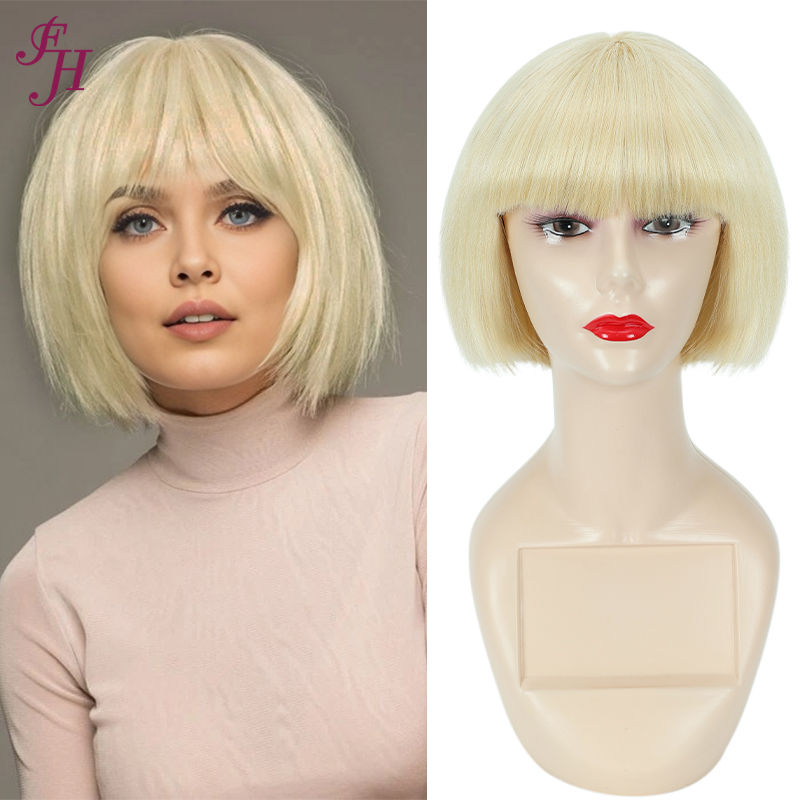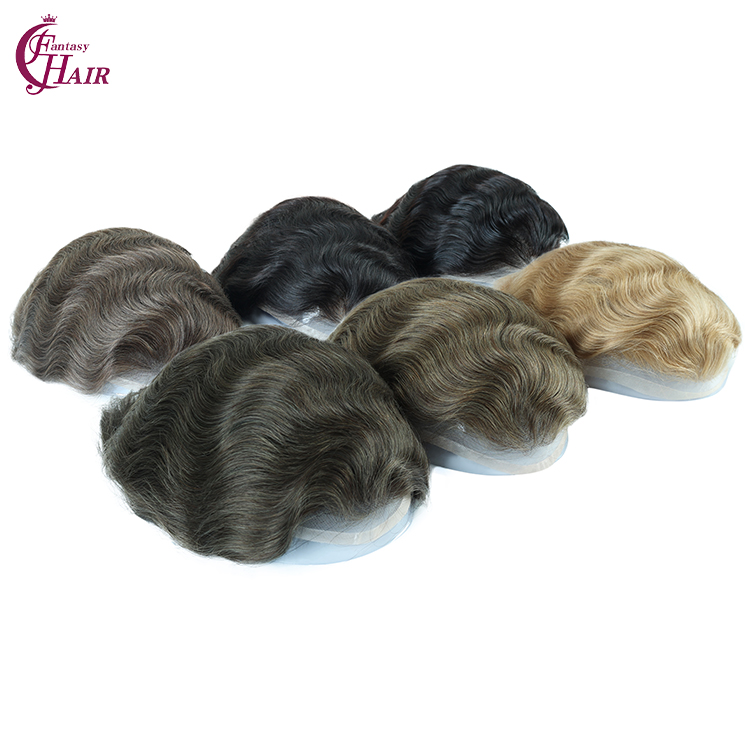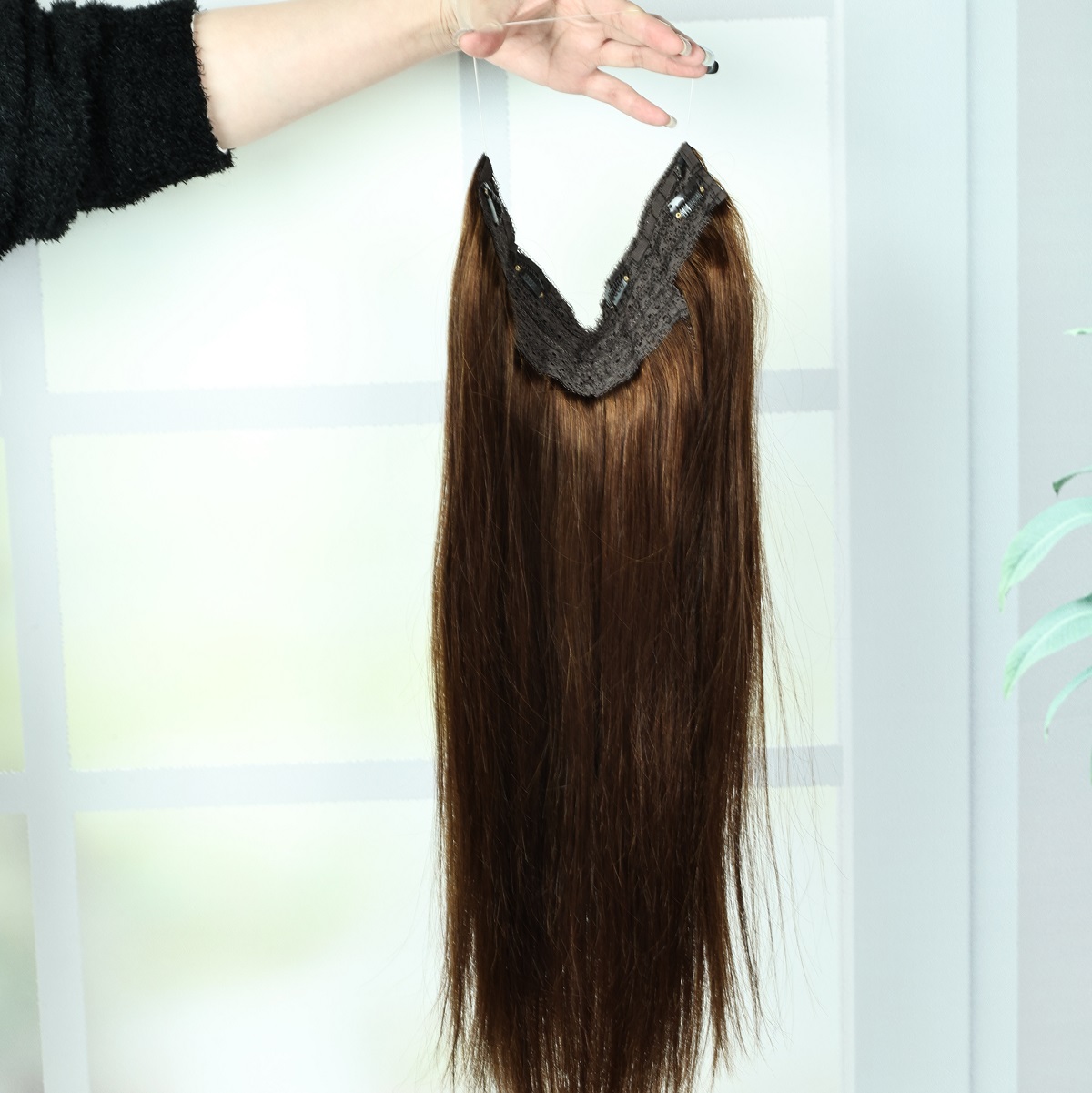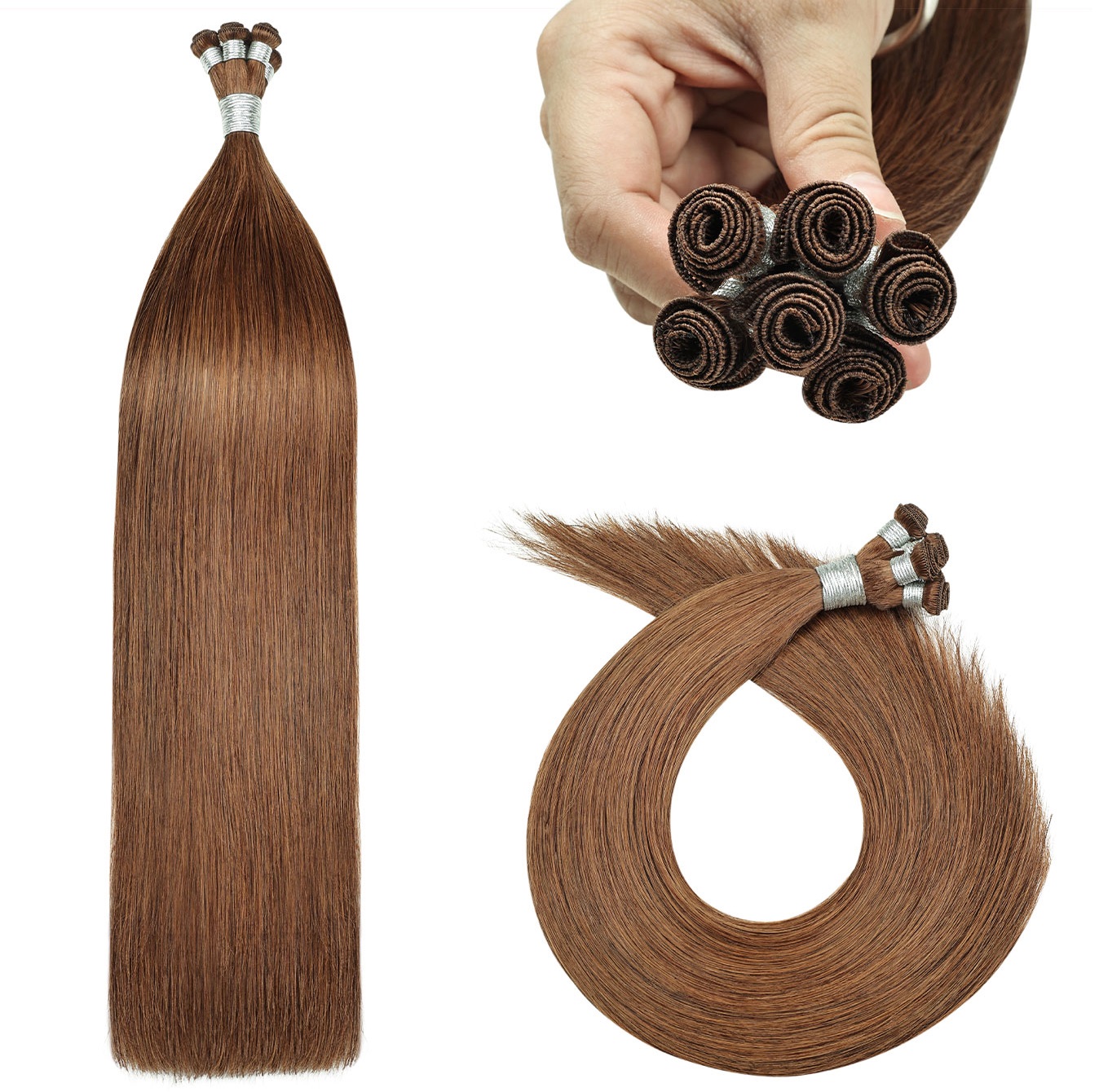Human hair extensions have become popular for individuals looking to change their hairstyles, add volume, or experiment with different lengths and colors. As the demand for high-quality hair extensions continues to rise, the role of human hair suppliers has become increasingly significant. These suppliers are responsible for providing the market with ethically sourced, quality human hair that meets the diverse needs of consumers. This article explores the importance of human hair suppliers, the process of sourcing and manufacturing hair extensions, and the factors contributing to their success in the global market, while adhering to the standards necessary for Google indexing and official website content.
The Importance of Human Hair Suppliers
Human hair suppliers play a crucial role in the hair extension industry for the following reasons:
- Quality Assurance: Suppliers ensure that the hair they provide is of the highest quality, free from chemicals, and in its purest form.
- Ethical Sourcing: Ethical sourcing is a priority, ensuring that the hair is collected with the donors’ consent and without causing harm.
- Diversity: Suppliers offer a range of hair types, textures, and colors to meet customers’ varying preferences and requirements.
Sourcing and Manufacturing Process
The sourcing and manufacturing of human hair extensions involve a meticulous process:
- Sourcing: Hair is sourced from donors who have given their informed consent. The hair is typically collected from temples, where it is traditionally offered as a religious donation.
- Cleaning and Sorting: The raw hair is thoroughly cleaned to remove impurities and sorted according to texture, color, and length.
- Wefting and Processing: The sorted hair is wefted or bonded to create extensions that can be easily applied and styled. It is also processed to match the desired color and texture.
- Quality Control: Each batch of hair extensions undergoes strict quality control checks to ensure it meets the supplier’s standards.
Ethics and Sustainability in the Hair Extension Industry
Ethics and sustainability are paramount in the hair extension industry:
- Ethical Sourcing: Suppliers prioritize ethical sourcing practices, ensuring that the hair is collected to respect the donors’ rights and dignity.
- Sustainable Practices: Efforts are made to reduce waste and implement sustainable practices throughout the supply chain.
- Transparency: Suppliers maintain transparency in their sourcing and manufacturing processes to build trust with consumers.
Global Market Impact and Trends
Human hair suppliers have a substantial impact on the global market:
- International Distribution: Suppliers export hair extensions to countries worldwide, contributing to the global beauty industry.
- Trend Influence: suppliers adapt to the latest hair trends by offering a variety of colors, styles, and textures.
- Technological Advancements: suppliers are increasingly using advanced technologies to improve the quality and longevity of hair extensions.
Challenges Faced by Human Hair Suppliers
Despite their success, human hair suppliers face several challenges:
- Market Saturation: The market is flooded with hair extensions, making it challenging for suppliers to differentiate their products.
- Regulatory Compliance: Suppliers must navigate complex international regulations and quality standards.
- Consumer Education: Educating consumers about the differences between high-quality human hair and synthetic or low-quality hair extensions is an ongoing challenge.
The Future of Human Hair Suppliers
Several key trends shape the future of human hair suppliers:
- Technological Integration: suppliers are exploring new technologies to enhance the quality and longevity of their products.
- Sustainability: As consumers become more environmentally conscious, suppliers are focusing on sustainable and eco-friendly practices.
- Personalization: Customizable hair extensions that cater to individual preferences are gaining popularity.
Conclusion
Human hair suppliers are essential to the hair extension industry, providing consumers with high-quality, ethically sourced products that enhance their hair and confidence. Their commitment to ethical sourcing, quality control, and sustainability is vital for meeting the needs of a discerning market. As they face challenges and embrace new trends and technologies, human hair suppliers are set to play a pivotal role in shaping the future of the beauty industry. Their dedication to providing秃 extensions that are both beautiful and ethical is a testament to the importance of responsibility and quality in the world of personal care.





